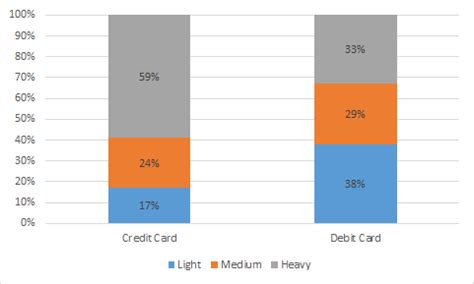In recent months, the conversation surrounding Canada’s transition to a cashless society has reached a fever pitch. It’s an issue that strikes at the very heart of convenience and liberation versus the potential for governmental overreach and loss of personal liberties. As digital payments become more ubiquitous, consumer advocates warn that we might be ‘sleepwalking’ into a reality where our financial autonomy is compromised.
The allure of a cashless society is clear-cut. Digital payments offer seamless transitions, eliminating the need for cumbersome wallets full of cash and coins. For instance, systems like Visa, MasterCard, and PayPal have made global transactions instantaneous, allowing us to send money to virtually anyone in any part of the world with minimal fees. However, this convenience comes at a cost. Commenter ‘xvector’ mentioned that less than 0.1% of their transactions are conducted with cash, a sentiment resounding with many in the tech-savvy demographic.
Yet, convenience isn’t the only axis on which this debate spins. Some see the move towards a cashless society as a trade-off between ease of use and personal freedom. Drewcoo succinctly opined that ‘cash is cumbersome and annoying, but so is freedom.’ Historically, tangible currency has provided a level of anonymity and control that digital payments simply cannot match. For instance, if a government decides to freeze bank accounts—an event that occurred in Canada during the truckers’ protests—access to one’s funds would be instantly revoked, leaving individuals financially incapacitated.
Furthermore, the issue of governmental overreach is not just theoretical. During the recent truckers’ protests in Canada, the government took the drastic step of freezing hundreds of bank accounts under the Emergencies Act. While this action was purportedly aimed at maintaining national security, it also shed light on how easily a cashless society can be controlled. Commenter ‘blfr’ rightly points out that while the current system may offer unprecedented convenience and global commerce opportunities, it also poses significant risks as a potential tool for repression.
The risks associated with a cashless society extend beyond mere economic control. With every digital transaction, there’s a trail—one that can be scrutinized and potentially manipulated. Platforms like GNU Taler aim to bridge this gap by offering digital, anonymous transactions, but as commenter ‘teddyh’ points out, a fully implemented system that offers anonymity is complex and virtually impossible to regulate universally.
Another dimension of this debate touches on economic equality. Digital payments necessitate access to banking infrastructure, which not everyone has. Many Canadians—especially the marginalized and those in rural areas—rely heavily on cash. Ensuring that they are not left behind in a cashless future requires structural reforms in financial inclusivity. As consumer ‘elevatedastalt’ aptly put, the ability to transfer money easily within the EU or globally diminishes significantly if you hold dissenting political views. The freezing of Russian oligarchs’ assets in 2022 serves as a stark reminder of the power dynamics at play.
There’s also the ever-lingering concern of cybersecurity. Digital systems are fallible, susceptible to breaches that could compromise not just individual data, but also entire financial systems. Regulatory frameworks, as mentioned by commenter ‘olalonde’, can complicate things further. Anti-Money Laundering (AML) and Know Your Customer (KYC) regulations are necessary but create barriers for entry for smaller companies, stifling competition and innovation.
Mitigating these risks requires a balanced approach. Governments need to ensure robust, transparent, and accountable systems that protect consumer rights and foster innovation. Monetary sovereignty should not be sacrificed at the altar of convenience. The conversation surrounding Canada’s cashless future epitomizes the broader, global dialogue on privacy, personal freedom, and technological advancement. Policymakers, consumers, and tech companies must navigate this intricate landscape thoughtfully, ensuring that we do not sleepwalk into a reality we regret.
In essence, the move towards a cashless society is far from a simple binary of convenience versus inconvenience. It’s a complex tapestry woven through financial autonomy, governmental control, technological innovation, and societal norms. As we advance, it’s crucial to tread cautiously, honoring the benefits while vigilante against the pitfalls.


Leave a Reply